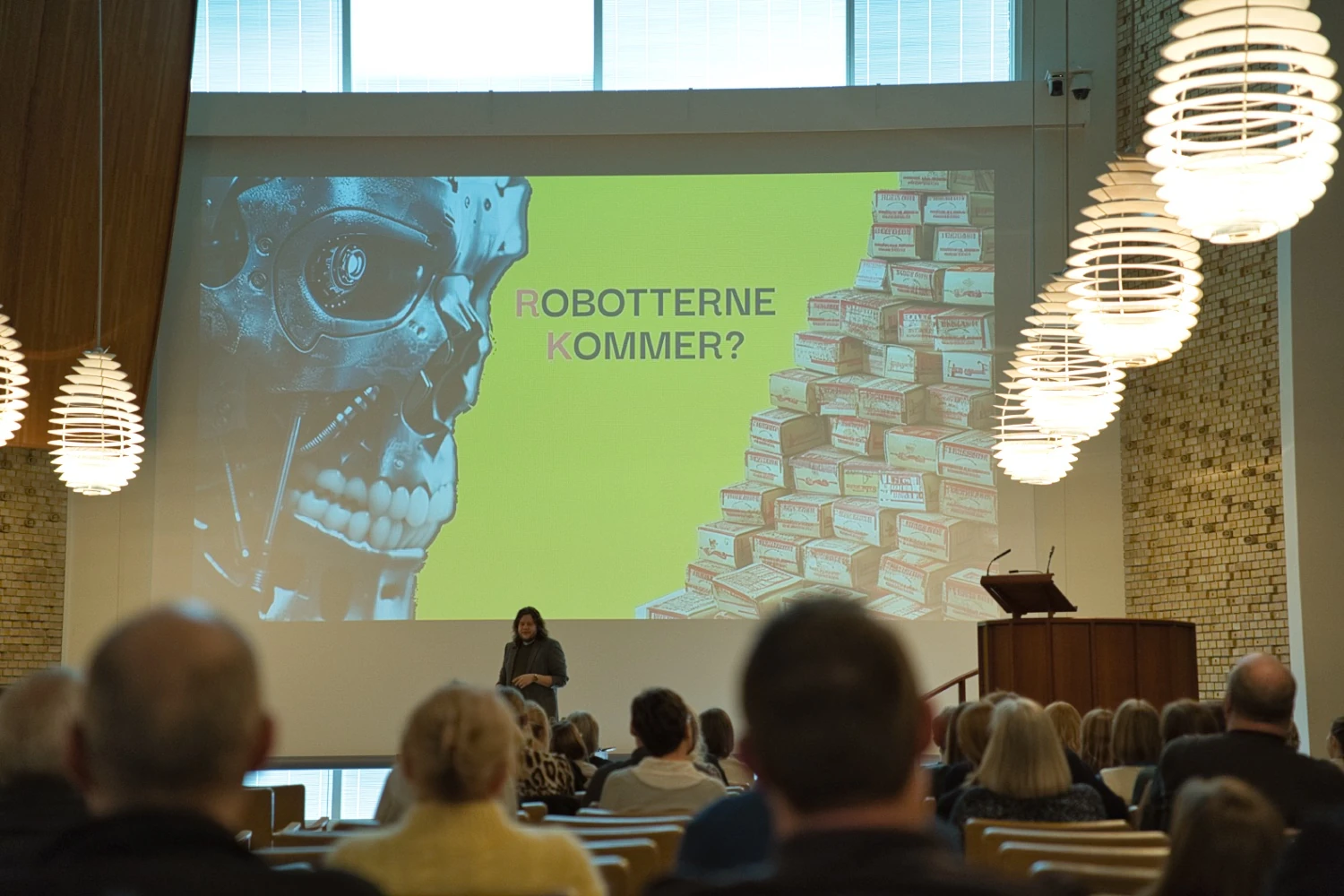
Hej! Jeg er Magnus!
Partner i Creative Oak & Postdoc på Datalogisk Institut, Aarhus Universitet

Om mig
Magnus er datalog og designer med en PhD-grad i udviklingen af AI-systemer til læring gennem designdrevet forskning. Under hans PhD og Postdoc ved Aarhus Universitet har Magnus arbejdet intensivt med at designe læringsværktøjer, der integrerer AI.
Magnus har opbygget stærke samarbejder med institutioner som DR, DM og Micro:bit Educational Foundation.
Hans tilgang er præget af en kombination af dyb teknisk indsigt og designekspertise, som muliggør udviklingen af kreative og effektive løsninger.
Specialer
UX Design
AI foredrag
AI Udvikling
Udvikler
IT-arkitektur
Er du blevet nysgerrig?Lad os kigge på, hvordan jeg kan hjælpe!
Erfaring
Partner & AI Ekspert
Creative Oak
2023 - Nu
- Foredrag og workshops om AI
- Udvikling af hjemmesider i Webflow
Postdoctoral Researcher
Aarhus Universitet
2023 - Nu
- Forskning i kunstig intelligens og uddannelse
- Design og udvikling af forskningsprototyper
Uddannelse
Ph.d., Datalogi
Aarhus Universitet
2019-2023
Forskning i kunstig intelligens i skolen
Kandidatgrad, IT Produktudvikling
Aarhus Universitet
2017 - 2019
Speciale i kunstig intelligens i gymnasiet
Bachelorgrad, IT Produktudvikling
Aarhus Universitet
2014 - 2019
Fokus på designforskning og produktdesign